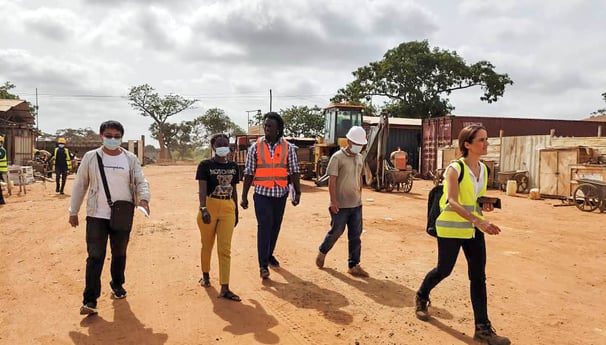Energy supply in Guinea Bissau
Strategies to develop energy supply in GB


Access to electricity supply (both grid and non-grid) in many developing countries is almost an exclusive service enjoyed by the non-poor in urban areas. Lifting the poor out of poverty through improving access to jobs, social services, and improved living conditions requires great energy inputs.
What can we do?
The renewable energy-based solutions in low-income areas of poor developing countries is consistent with a distributed model that better adapts to overcome social injustice and the conditions of inequality that entrench poverty and reproduce underdevelopment. Wide-scale deployment of renewable energy systems may provide the best options to cleaner and modern energy options while reducing GHGs emissions.
Many of these options (such as demand-side management, renewable energy use and efficient energy end-user devices such as tube lights, compact fluorescent lamps, biomass cogeneration, ethanol, etc.) are not as capital-intensive as conventional centralized energy options.
